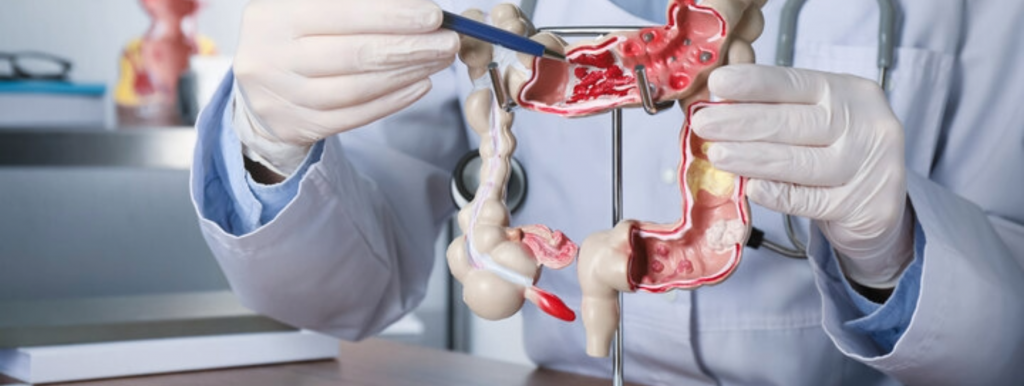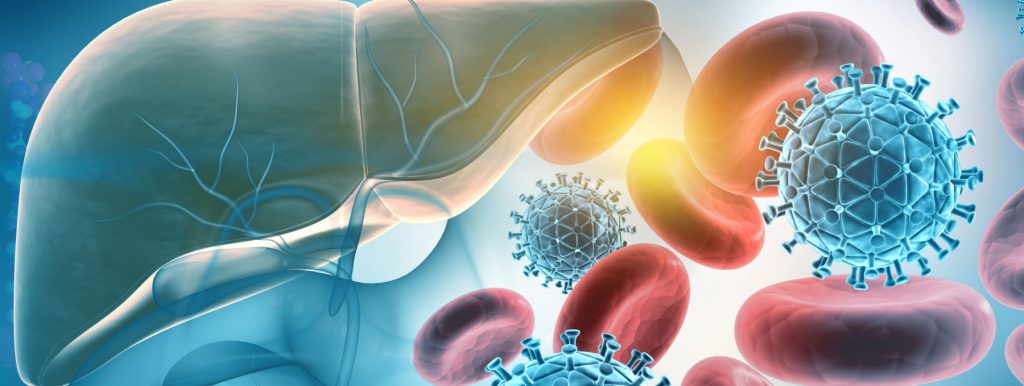A study by the University of California, Irvine, has shown how disruption of the circadian clock, the body’s own 24-hour biological pacemaker, can accelerate the progression of colorectal cancer by impairing the intestinal microbiome and intestinal barrier function. This discovery offers new opportunities for prevention and treatment strategies. The study, published in the journal Science […]
Intestinal Molecule Slows Down Fat Burning During Fasting
The less a worm of the species Caenorhabditis elegans (C. elegans ) eats , the slower it loses its fat. Now scientists at Scripps Research have discovered why this is the case: a small molecule produced by the worms’ gut during fasting travels to the brain and blocks a fat-burning signal during this time. Although […]
Sport or Snack? How Our Brain Decides
Should I do sport or would I rather go to a café and enjoy a delicious strawberry milkshake? What exactly happens in our brain when we make this decision has been a mystery to science until now, but researchers at ETH Zurich have found the solution. They have deciphered which brain substance and which nerve […]
Discovery Could Help Reduce Unwanted Side Effects of Common Next-Generation Obesity Drugs
By separating the therapeutic benefits from the adverse effects of known obesity drugs, researchers at the Monell Chemical Senses Center found a population of neurons in the brain that controls food intake without causing nausea in animal models. The study, published in the journal Nature, describes two distinct neural circuits that control different effects of […]
Hepatitis B: “Sleep Timer” for Immune Cells Discovered
In chronic hepatitis B, the liver contains immune cells that could destroy cells infected with the hepatitis B virus, but are inactive. A team at the Technical University of Munich (TUM) has discovered that cells in the blood vessels of the liver set off a “sleep timer” that switches off the immune cells. An attack […]
- « Previous Page
- 1
- 2
- 3
- 4
- 5
- …
- 26
- Next Page »









